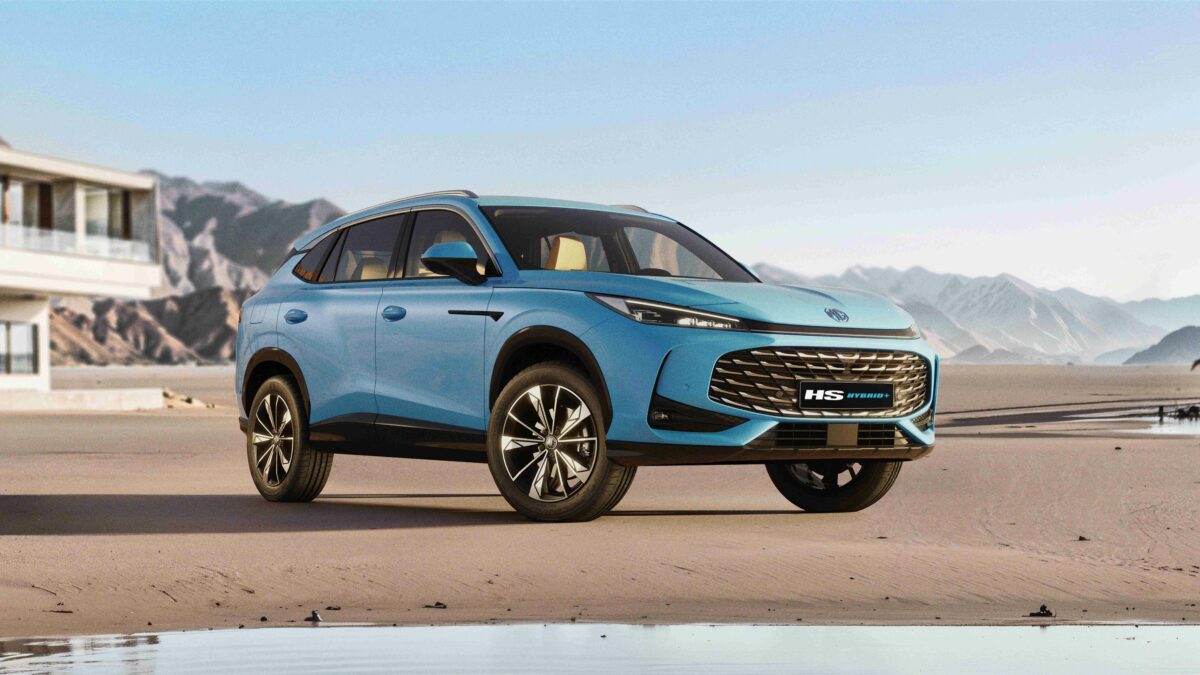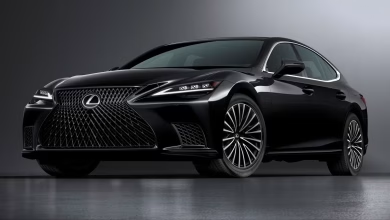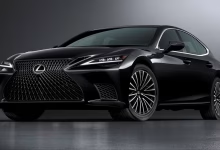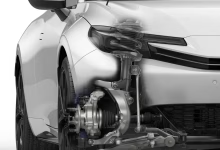
Nissan Conducts on-road Autonomous Vehicle Testing in Europe
• On-road real-life demonstrations in London
• Part of Nissan’s multi-continent development program
• Autonomous Drive a key pillar in Nissan Intelligent Mobility strategy
As part of its commitment to creating a zero-emission, zero-fatality future for mobility, Nissan today showed to the media its real-world testing of next generation autonomous drive prototype vehicles taking place in the east of London.
This is the first time that Nissan has demonstrated its latest autonomous drive technology on public roads in Europe. Nissan has already conducted public-road testing in Japan and the United States to pursue easy-to-use autonomous drive technology in real life situations.
Participants in the passenger and rear seats were given the opportunity to experience the technology, which consists of millimeter wave radar, laser scanners, cameras, high-speed computer chips, and a specialized HMI (Human Machine Interface), just to name a few. All of this helps allow the vehicle to operate in an autonomous manner on both highway and city/urban roads including runabouts once the destination points are entered into the navigation system.
“Innovation and ingenuity is at the heart of the Nissan brand and its people,” said Takao Asami, senior vice president, Research and Advanced Engineering at Nissan. “This test of Nissan’s forthcoming autonomous drive technology in the demanding conditions of London streets underlines our commitment to delivering Nissan Intelligent Mobility to our customers.”
The London test follows recent announcements that both the updated Qashqai and the new Nissan LEAF, both coming in the near future, will be equipped with ProPILOT autonomous drive technology to enable single lane autonomous driving on motorways. Meanwhile, last year in Japan, Nissan launched the Serena, its first model to be fitted with ProPILOT. In December ProPILOT autonomous drive in the new Nissan Serena won 2016-2017 Japan Car of the Year Innovation Award.
There are also plans for the technology to be introduced in the U.S. and China markets. A multi-lane autonomous driving technology will enable automatic lane changes on highways and is planned for introduction in 2018 while autonomous driving on urban roads and in intersections is planned for launch in 2020.
Nissan Intelligent Mobility
The world is facing serious challenges such as climate change, traffic congestion, road fatalities and increasing air pollution. Nissan is committed to addressing these challenges by making transportation safer, smarter, and more enjoyable, with the ultimate goal of achieving zero-emissions and zero-fatalities on the road. Nissan Intelligent Mobility is the roadmap to achieve it.
Guided by the vision of mobility for all, Nissan is implementing these innovations by bringing them from luxury segments to compact high volume models and ensuring everyone has access to the benefits. Nissan is making cars exciting partners for all of our customers.
Nissan Intelligent Mobility encompasses three core areas of innovation:
• Nissan Intelligent Driving helps to give customers more confidence through enhanced safety, control, and comfort for everyone on board. The building blocks for autonomous driving are already built into Nissan cars with extensive set of advanced safety features including Intelligent Around-View Monitor and Intelligent Lane Intervention. Autonomous drive technologies can already be found in certain Nissan vehicles today, including the Nissan Serena, the first model produced for the mass market to feature ProPILOT technology. Nissan has plans to extend this technology to more models in Europe, Japan, China and the United States, with 10 models to be launched by 2020 by the Renault-Nissan Alliance.
• Nissan Intelligent Power makes driving more exciting for customers by continuing to reduce emissions and increase fuel economy. Nissan is committed to a holistic approach to achieving zero-emission mobility by making internal combustion engines more efficient and putting more advanced technologies into our electric vehicles. We continue to advance a variety of powertrain technologies under Nissan Intelligent Power, which are most suitable to the different market segments and different regions across the world. We have a diverse range of EV-based technologies in our portfolio in addition to 100% electric vehicles, these technologies include e-Power (series-hybrid) and fuel cell electric vehicles. Each new technology supplements the portfolio, but does not supplant other technologies.
• Nissan Intelligent Integration keeps customers more connected by conveniently linking Nissan cars to the wider society. Nissan is helping to shape a sustainable ecosystem enabling cars to interact with people, other cars and road infrastructure. This approach will eventually lead to remote vehicle operation, reduced traffic jams, more efficient car-sharing, and improved energy management.
Nissan Intelligent Mobility is not about removing humans from the driving experience. Instead, it’s about building a better future for Nissan customers where cars are their partners, and where drivers are more confident and more connected.







